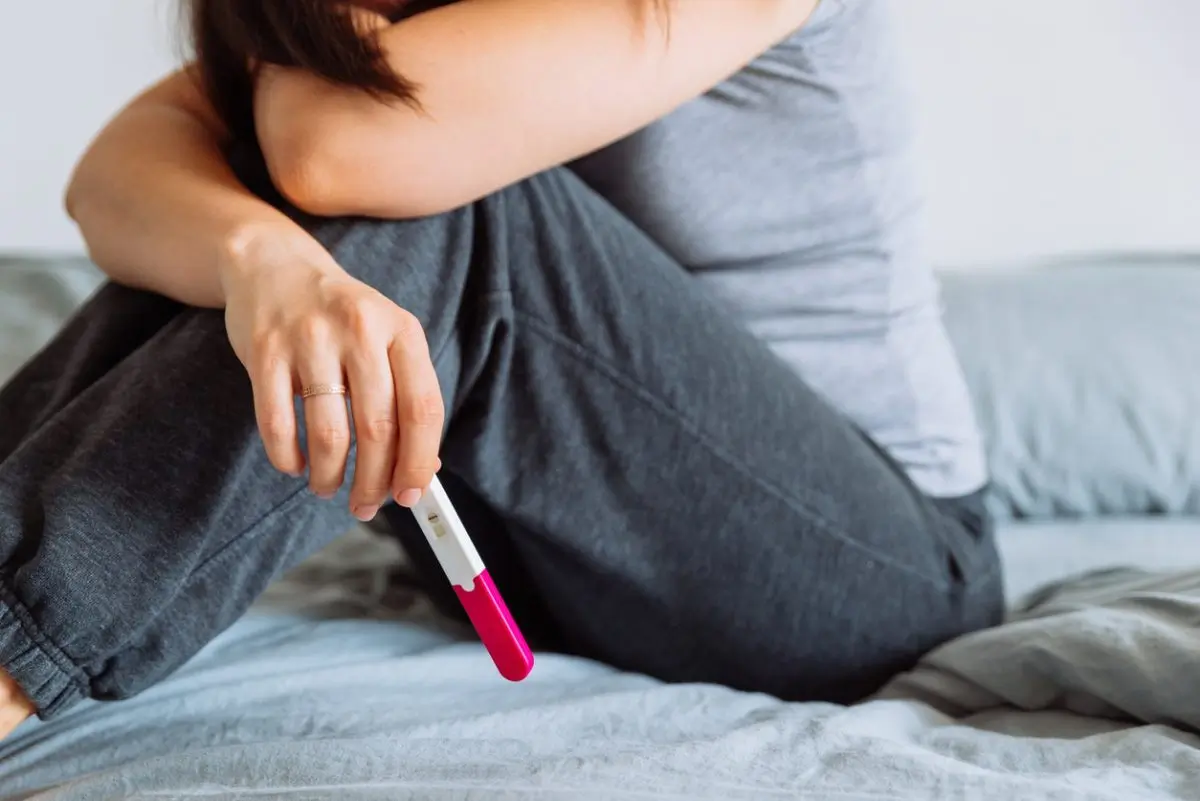 Knowing what infertility looks like can help you get the right medical care. When undiagnosed, the condition might cause emotional, physical, and psychological distress in women. Recognizing the symptoms can lead to early diagnosis, which might improve the chances of conception. Here’s what to look out for:
Knowing what infertility looks like can help you get the right medical care. When undiagnosed, the condition might cause emotional, physical, and psychological distress in women. Recognizing the symptoms can lead to early diagnosis, which might improve the chances of conception. Here’s what to look out for:
1. Irregular Cycles
You might be dealing with infertility if your menstrual cycles have been irregular for a long time. Normal periods can last up to a week. If your cycles are infrequent, heavy, or vary in length, visit a fertility expert. These irregularities might be due to hormonal imbalances, thyroid disorders, or polycystic ovary syndrome (PCOS).
Irregular cycles make it hard to predict ovulation, affecting plans to conceive. A woman whose cycles range from 20 to 50 days may not know when she is ovulating, reducing her chances of becoming pregnant. Consulting a doctor may help her track her period better and begin treatment if needed.
2. Dysmenorrhea
Another sign of infertility is dysmenorrhea. It’s a condition where women experience painful cramps when menstruating. Although soreness while on your period is normal, intense cramping can be a sign of fibroids or endometriosis. Endometriosis occurs when cells that look similar to the ones in your womb grow on the outside, causing pain and potentially affecting your ability to conceive.
If your periods are so painful that they disrupt your daily activities, see a fertility doctor. They may suggest options like hormonal therapy, surgery, or pain management to reduce discomfort and support your chances of conceiving.
3. Hormonal Imbalances
If you have excessive growth or loss of hair, mood swings, acne, and spotting between cycles, you may have a hormonal imbalance, which causes infertility. Hormones help to regulate your ovulation, prepare your body to conceive, and maintain your early pregnancy. Some hormones promote the formation of ovarian follicles that contain eggs, while others trigger the release of a mature egg. An imbalance in these hormones may prevent your eggs from maturing properly or getting released on time. This decreases your chances of conception because there is no egg available for fertilization during the cycle.
Estrogen and progesterone aid in thickening your uterine lining to make it ready to fertilize an egg. Your body releases them in high amounts during your luteal phase, which is the time between ovulation and the next period. If your progesterone levels are low due to thyroid problems, your uterine wall might not develop well to sustain implantation. This may increase the risk of early miscarriage or prevent pregnancy.
4. Unexplained Weight Changes
You could be dealing with infertility if you have an unexplained weight change. Being obese or underweight might affect hormonal production, causing irregular ovulation or the absence of periods. Obesity may increase the risk of conditions like PCOS, while being underweight may lead to low estrogen production, affecting period regularity. If your weight changes unexpectedly, visit a doctor for tests and personalized recommendations like diets and workout routines.
Seek Help for Infertility
If you’re dealing with irregular cycles, painful periods, hormonal dysregulation, or weight changes, visiting a fertility center will help. The specialists will offer different types of treatments, such as in vitro fertilization, preimplantation genetic testing, or intrauterine insemination, to aid in improving your fertility. Call a fertility care center today to prioritize your reproductive health.

Leave a Reply